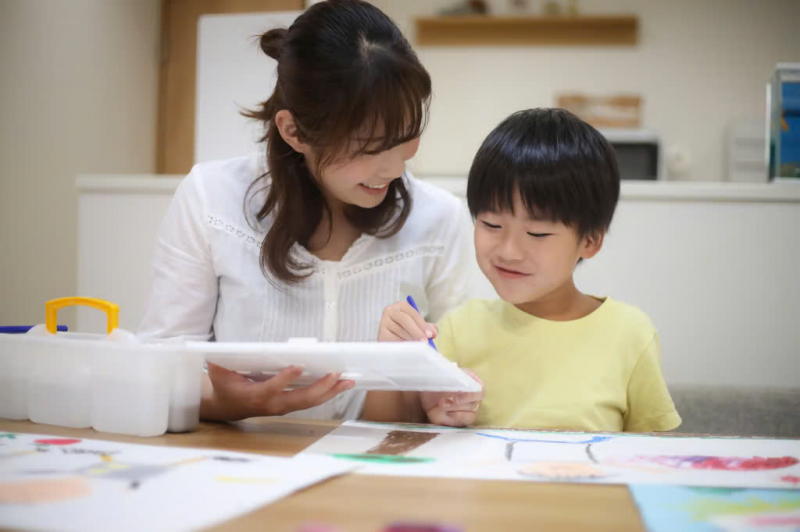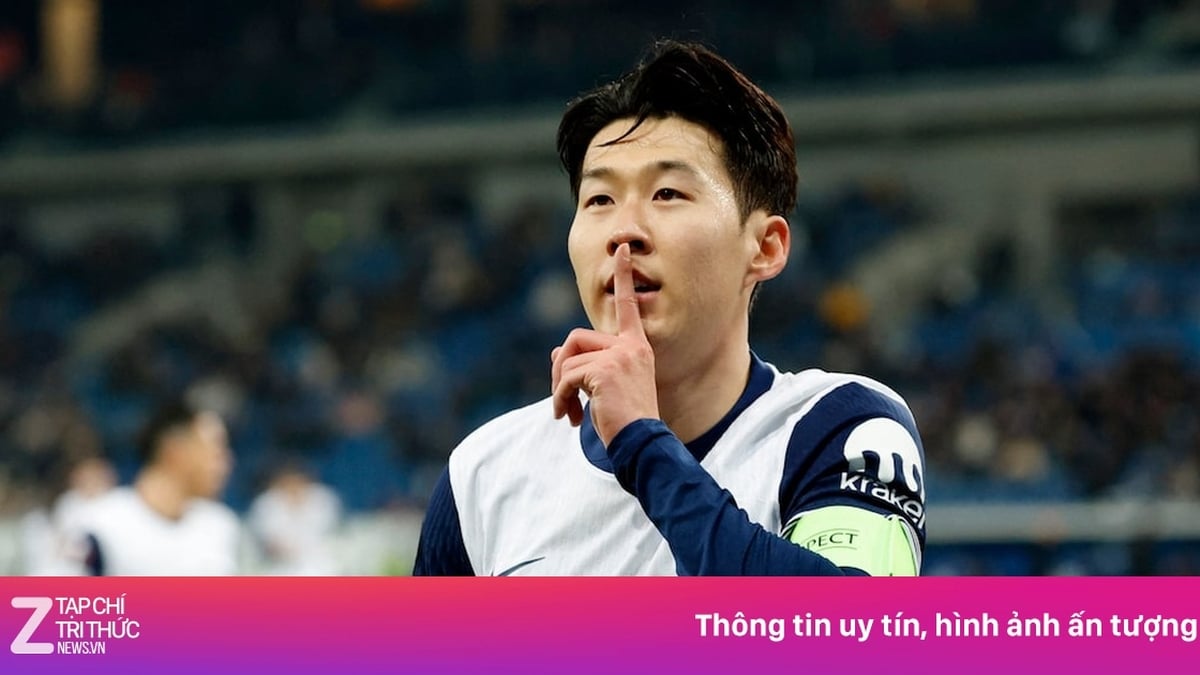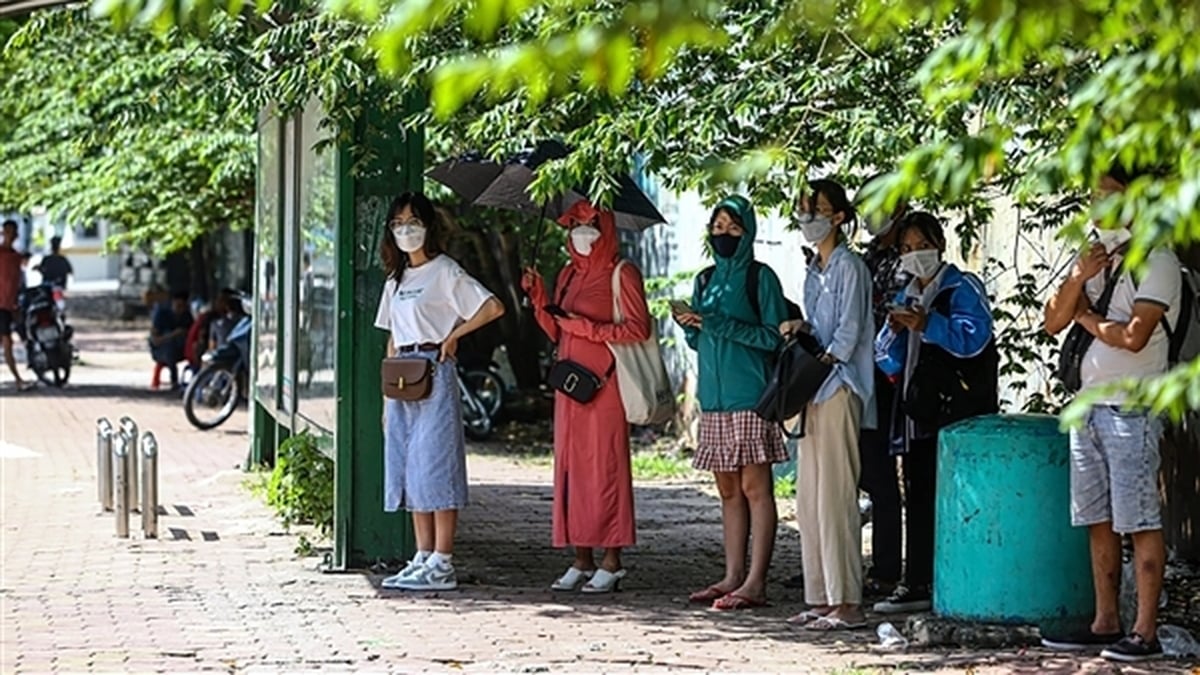
Many of them graduate from prestigious schools like Harvard and Cambridge and are highly skilled individuals and their salaries are exceptionally high.
In today’s modern families, where both spouses are struggling with demanding jobs and tight work hours, caring for and raising children can be a significant challenge. In many cases, couples do not want to rely on grandparents for childcare, or many families desire a better quality of professionaleducation and life skills for their children, a unique solution is becoming increasingly popular in China: hiring “professional parents”.
According to the South China Morning Post (SCMP) , the country’s elite are looking for highly qualified individuals to act as “companions” to their children. They are not only tutors but also dedicated caregivers, playing an important role in nurturing and guiding the intellectual, skill and emotional development of the children in their care.
So who are these “professional parents”? Let’s take a closer look at their role and impact.
Beyond the concept of nanny and tutor
These “professional child companions” provide care that goes beyond the traditional nanny or tutor role.
For example, Song Siyu, a children's companion from Chongqing, works from 5:30 pm to 8:30 pm on weekdays, supporting children throughout their home learning activities and taking responsibility for participating in sports and skills activities with children such as football, fencing or swimming.

These caregivers also take on a “new role” of traditional parents, from taking children to medical appointments to confiding in them, helping them with their emotional needs, and even taking them on trips . They may live with a host family or in their own home, and their schedules vary depending on the needs of each family.
A recruiter interviewed hundreds of individuals who applied to be “child companions” and revealed surprising details about their “huge accomplishments.” For example, many of them had graduated from prestigious universities such as Harvard, Cambridge, Tsinghua, and Peking University. They had advanced degrees, were fluent in multiple languages, and were skilled in sports. Some even had specialized knowledge in child psychology.
A manager at an education consulting firm in Shenzhen, Guangdong Province, told CNR News that more than 6,000 people applied for the job in the year after the company launched its “child companion” service. About 60 percent of the applicants had master’s degrees, 30 percent were graduates of China’s top universities, and 10 percent had doctorates.
Imparting knowledge, inspiration and guidance to children
In particular, in addition to professional knowledge, Chinese parents are interested in the soft skills of their companions. They hope to have someone who will help their children build positive study habits and impart the right values.

“I really want to hire someone with a high level of education and skills to keep my daughter company while my husband and I are at work. My mother is helping us take care of our 4-year-old daughter, but she can’t keep an eye on her because of her housework,” said Li Nan, a 38-year-old mother who works for an advertising agency in Beijing.
“I understand that a companion is different from a regular babysitter. I think most parents who hire a companion want to not only teach knowledge like English or math but also provide courses related to arts, skills, and discipline for their children,” she added.
Ms Cai Yan, a teacher from Chongqing Three Gorges Medical College who is trained in infant care, said stable emotional support for children is more important for families who hire chaperones when parents have busy lives.
“As far as I know, the job description has some similarities with a home tutor. But a tutor will focus more on supporting children’s education by inspiring and guiding them to form good study habits, rather than just focusing on helping them improve their grades,” said Ms. Cai Yan.
“Psychological counseling is also an important part of the job. The companion should sense the unhealthy emotions of children during the companionship process and provide them with counseling,” Ms. Cai added. She said that a child companion must have patience, a deep understanding of child psychology and good communication skills. So far, there is no formal training or certification for this profession. I think the management of this profession will improve in the future due to the large market demand.
Huge salary, huge demand
Although there are no official figures, their salaries are equally astonishing, ranging from $1,400 to $4,100 a month, according to Chinese news site Phoenix News. The salaries depend on each family’s budget and the education and skill requirements of the accompanying person.
State broadcaster CCTV also reported that child companions are often hired directly from social media platforms by wealthy families, bypassing regulations and protections from authorities.
Typically, these services are sought by high-net-worth families with assets in excess of $1.4 million. As these parents juggle demanding careers with the desire to provide top-notch care for their children, many are choosing professional companions over relying on grandparents for support.
According to a report by Southern People Weekly, the demand for female professionals to tutor their children is very high among wealthy families because most families want to find someone to take on the role of a “professional mother.”
Shura, a “child companion,” told Southern People Weekly that the reason “professional mothers” dominate the industry is because parenting is still seen as a mother’s job. This view limits the need for “professional fathers.”
“Families may choose male companions to help their children develop physically, but they also think that men may not be suitable to take care of their daughters,” said Ms. Shura.
Can parents be “replaced”?
However, this trend also has a downside. In many cases, children tend to become more emotionally attached to their companions than to their parents.
A female companion named Susu, who specializes in nutrition and is responsible for preparing meal plans for the children in her care, told the newspaper that she spent a summer looking after a stubborn, rebellious boy whose mother was somewhat domineering, SCMP reported.
Susu helped the boy with his homework, took him cycling, played basketball, and they often had open, honest conversations. Once, after an argument with his mother, the boy told her: "I don't like you, I want Susu to be my mother."
The role of these “professional parents” is stirring up controversy on Chinese social media platforms, with many believing that the term “parent” carries a much deeper meaning than that.
“We shouldn’t call them ‘professional parents.’ They are just paid professionals in certain fields. The word ‘parent’ has a much deeper emotional meaning and connotation,” one user wrote.
Pan Lan, a family education expert from Hubei Province in central China, echoed this view in an interview with SCMP. “Such companions cannot replace the true friendship and love of parents. Children’s healthy development, both physically and mentally, requires the love and support of parents. High-quality family education is a process of joint development between parents and children,” she noted.
However, not everyone agrees with this view. One user took a different perspective, writing: “If my child had a tutor who was an individual from a prestigious university, I wouldn’t worry about them falling behind others in the first place.”
Source: https://daibieunhandan.vn/giao-duc--y-te1/trung-quoc-xu-huong-thue-cha-me-chuyen-nghiep-de-nuoi-day-con-cai--i386379/





































































































Comment (0)